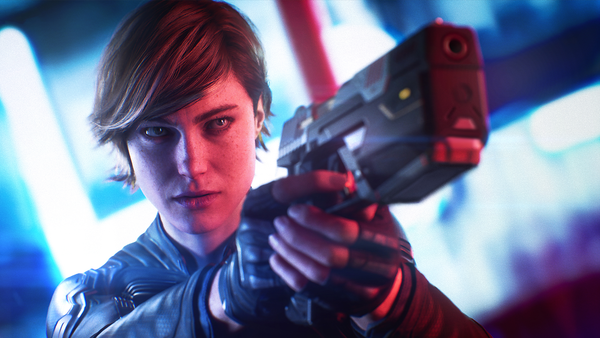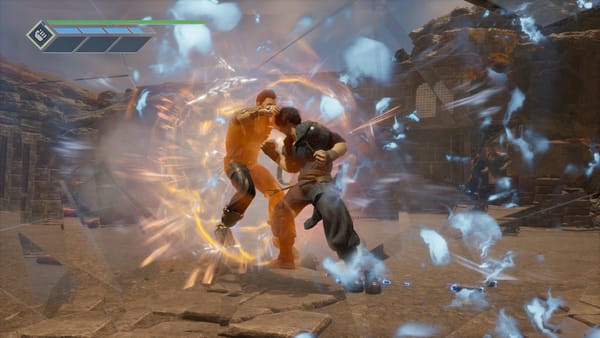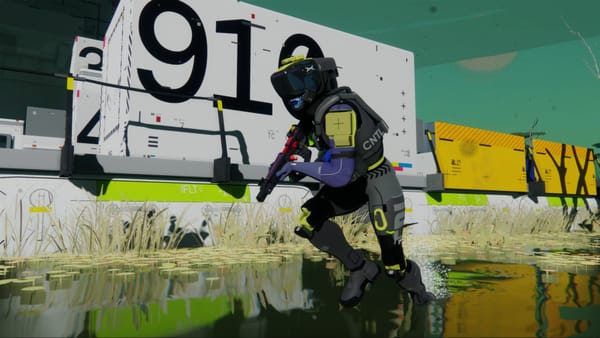#48: Do nod
I’m in a bit of a hurry today. The youngest came home from nursery yesterday and promptly threw up, and now faces a mandatory two days at home. And so, just two days after his big brother went back to school, my wife and I are dancing a familiar dance: comparing diaries, cancelling calls, juggling work and childcare duties to ensure that the essentials of our daily work are (mostly) done, and that our poorly spawn is (sort of) adequately cared for. We will catch up on the leftovers this evening. It is a good job I am self-employed, and my wife has been part of a fully remote team for years.
Such are the advantages of flexible working. In the old days, one of us would have had to call our boss and say: the kid’s sick, I won’t be in today or tomorrow, see you Friday. The other would have gone to the office and spent the day distracted, fretting about how the kid was getting on at home. It goes without saying, I think, that this is better.
As such I am heartened by the news that Dontnod, the developer behind Life Is Strange, Twin Mirror and Tell Me Why, is to permanently allow staff at its Paris and Montreal studios to work from home if they choose. Yet I am equally saddened by the fact that this announcement counts as news at all. We have all spent the past 18 months proving ourselves perfectly capable of doing our jobs from home. The pandemic has given us the opportunity to redefine the meaning of work, but already there is evidence of a slow drift back to the way things have always been, with on-site work considered the default.
This is not just a matter of commutes, work/life balance, the logistics and efficiency of how the work gets done, or even of public health. The game industry stands particularly to gain from remote working: by removing location from the equation, recruitment of highly skilled workers, often with highly niche skillsets, becomes immeasurably easier.
Last year I spoke to a developer based in what is, by game-industry standards, an unfashionable part of the world. They had historically struggled to persuade potential new hires to relocate. Working remotely in the shadow of Covid the studio’s workforce had become more international, more diverse, and of higher calibre than it had been before. That, I think, more than justifies the logistical headaches of getting a remote team to operate at the same levels of quality and efficiency as they would in the same physical space. It also has the handy ancillary benefits of not putting people’s lives, health and emotional wellbeing at risk for the sake of maintaining an outdated status quo.
There are obstacles to this, sure. Remote hiring is complicated by government tax breaks, which tend to stipulate that a certain percentage of a game’s development must be done in the country or province providing the relief. This, I assume, is why Dontnod insists that Paris employees be based in France, and Montreal staff in Quebec. But these are problems worth solving, I think. Despite what our leaders, our bosses, our city-centre landlords and our rather more insane Facebook friends would have us believe, this pandemic isn’t done with us yet. We rush back to the old ways at our peril.
MORE!
- Ubisoft has named Igor Manceau, most recently the creative director of Riders Republic and Steep, as its new chief creative officer. He fills a seat that’s been empty for over a year: previous incumbent Serge Hascoët was the highest-profile casualty of the Ubi misconduct scandal. The staff activist group A Better Ubisoft is unimpressed with Manceau’s promotion, hitting out at “the shocking lack of diversity” at VP level.
- In news that will come to no surprise to anyone — except, perhaps, the person at the centre of it — Tripwire Interactive president John Gibson has “stepped down” after the industry-wide blowback to his tweet supporting the Texas anti-abortion law. He has been replaced by co-founder and former VP Alan Wilson.
- Five years after release, No Man’s Sky finally has a ‘mostly positive’ user rating on Steam. This is either a ringing endorsement of Hello Games’ tireless work on the game since its infamous launch, or further proof of the rank stupidity of aggregated user reviews. Perhaps a bit of both.
- Sony has acquired Liverpool’s Firesprite Games, developer of VR adventure The Persistence and a contributor to The Playroom and The Playroom VR. This must feel especially sweet for the founders, who set Firesprite up after the closure of Sony Liverpool. Eight years later, they’ve grown a studio of over 250 people, and sold it to the very firm that laid them off back in 2012.
- What happens when China limits minors’ gaming time to a fixed one-hour window at weekends? Honor Of Kings, the nation’s favourite game, is forced offline by a surge in Saturday traffic. Oops.
- There are few finer things in life than Christian Donlan reviewing a Nintendo game, and Donlan reviewing a new WarioWare is an especially rare delight. I had completely forgotten this was out this week and am now in a good mood.
You’re all caught up. Welcome new readers! It’s been a great week so far for Hit Points, seemingly thanks to this tweet asking for recommendations for game-industry newsletters, and a reader’s kind mention of my nonsense. Readership grew by around 5% in 48 hours. In other words, do keep sharing and mentioning Hit Points when the opportunity arises! I appreciate it a lot. I appreciate paid subscriptions too, but we’ll save the hard sell for Friday, when the youngest is back in nursery and I am free of the background blarings of Disney+. Have a good couple of days, and I’ll catch you then.





